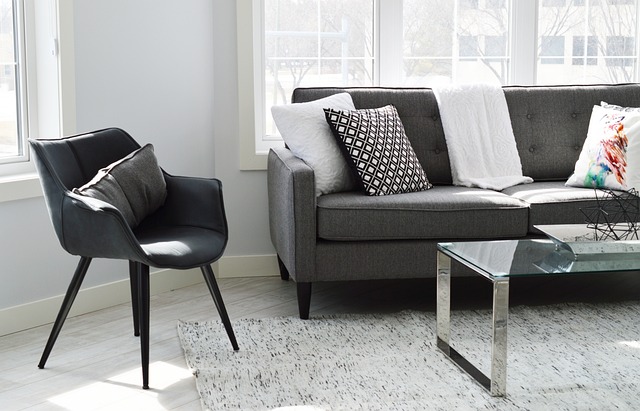Open communication, clear expectations, and mutual understanding are crucial for roommate harmony. Establishing ground rules for cleanliness, noise, and shared spaces prevents conflicts. Regular check-ins, active listening, and conflict resolution techniques create a peaceful living environment. Fair policies and proactive discussions maintain harmony as the living situation evolves.
Navigating shared living spaces with roommates can be a rewarding yet challenging experience. To foster roommate harmony, it’s crucial to establish a solid foundation through understanding dynamic relationships and creating open communication channels. Fair policies and respectful conflict resolution are essential tools for maintaining a peaceful environment. By implementing these strategies, you can transform your shared space into a harmonious home.
- Understanding Roommate Dynamics: Building a Solid Foundation
- Creating Open Communication Channels for Harmony
- Fair Policies and Respectful Resolving of Conflicts
Understanding Roommate Dynamics: Building a Solid Foundation

Understanding roommate dynamics is crucial for fostering roommate harmony in shared living spaces. Building a solid foundation begins with open and honest communication from the outset. It’s essential to discuss expectations, such as cleanliness, noise levels, and common space usage, before moving in together. This sets clear boundaries and prevents conflicts down the line.
Additionally, getting to know each other’s personalities, routines, and living styles is vital. Recognizing and respecting individual differences can help create a peaceful and cooperative environment. Encouraging a culture of consideration and understanding will ensure that everyone feels heard and valued, promoting a harmonious shared living experience.
Creating Open Communication Channels for Harmony

Maintaining roommate harmony is a crucial aspect of shared living spaces. To foster a peaceful environment, establishing open communication channels is paramount. Start by setting clear expectations during your initial conversations; discuss cleaning routines, noise levels, and personal space needs. Regular check-ins can also help address any emerging issues promptly, ensuring everyone feels heard and respected.
Encourage an atmosphere of transparency where roommates feel comfortable discussing concerns or adjustments needed in the living arrangement. This proactive approach to communication can prevent small disagreements from escalating and promote a cooperative and harmonious shared living experience.
Fair Policies and Respectful Resolving of Conflicts

Maintaining roommate harmony is a delicate balance, but establishing fair policies and fostering open communication can significantly reduce conflicts. It’s crucial to create ground rules early on that address cleaning responsibilities, noise levels, and shared space use. These policies should be mutually agreed upon by all roommates, ensuring everyone understands their roles and expectations. Regularly reviewing and adjusting these rules as the living situation evolves is essential for maintaining a peaceful environment.
Conflict resolution is an art in shared living spaces. When disagreements arise, addressing them promptly and respectfully is key. Roommates should develop strategies to discuss issues calmly, actively listen to one another’s perspectives, and find compromises that respect everyone’s needs. Meditating on conflicts or seeking the guidance of a neutral third party can help avoid escalation and promote a harmonious living environment.






